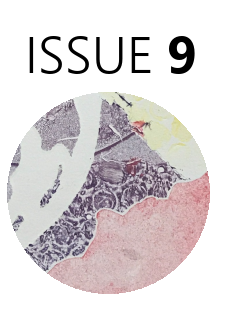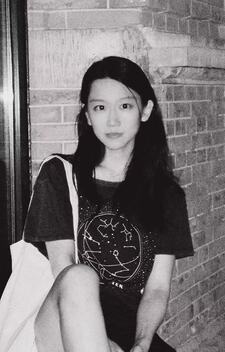They Will Melt Away AnywayFiction by Yiru Zhang
I once stood alone in the woods at night and saw the blue light reflected off the snow, so bright it almost outshone the moon. Then I saw my father, who, in the woods illuminated by the glow of the snow, took out a flashlight, a pair of binoculars, and a blanket from his car. I watched him climb a tree and disappear into the deer blind, where he told me that he was going to spend the night.
|




